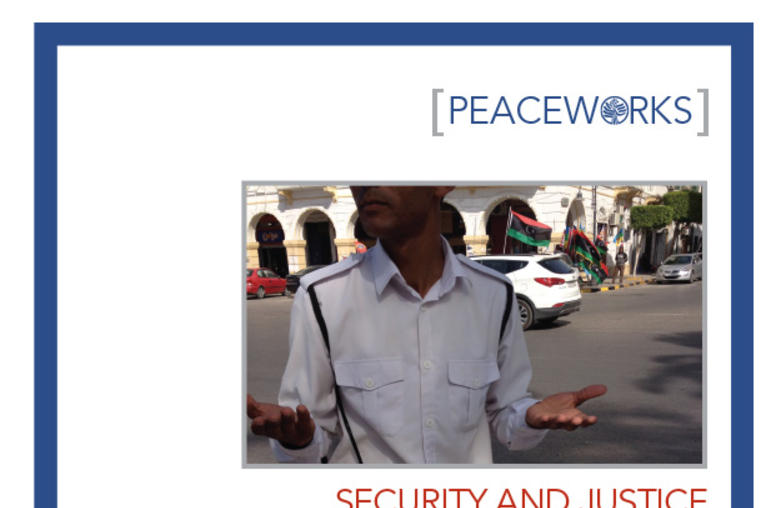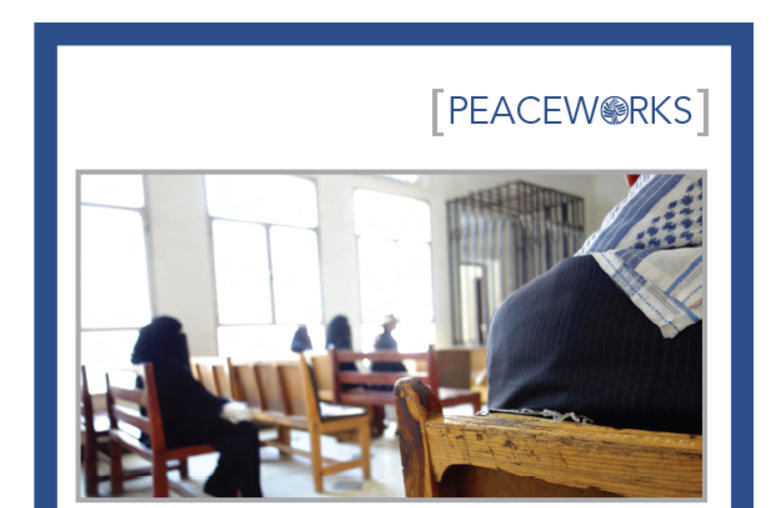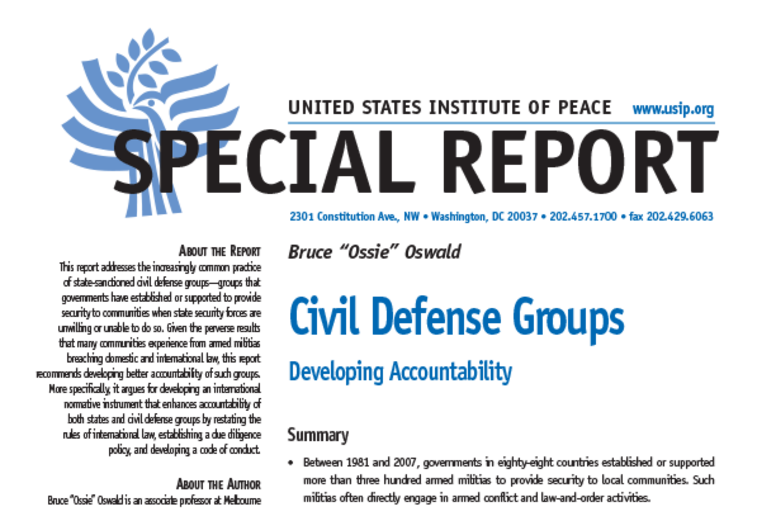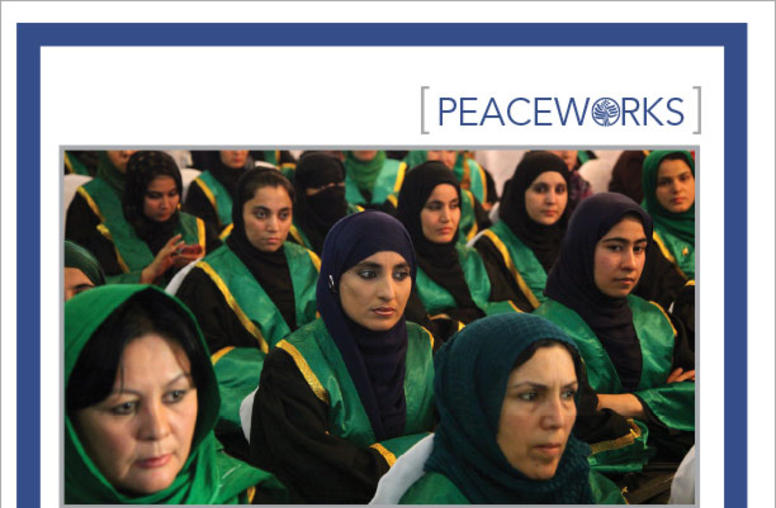Defining Complementarity: National Justice and the International Criminal Court
Senior Fellow Project Report
An internationally recognized expert on transitional justice, Senior Fellow Michael Johnson considers how to improve the complementary relationship between higher judicial bodies such as the International Criminal Court and national judicial institutions responsible for handling war crimes. The expected closure of the ad hoc tribunals for the former Yugoslavia and Rwanda in the next several years demands a focus on the shared relationship between international courts and their national complements.
Johnson served as the Registrar for the War Crimes Chamber of the Court of Bosnia and Herzegovina since 2004. In 2001–2004, he was the Chief of Prosecutions for the International Criminal Tribunal for the former Yugoslavia. The New Hampshire Bar Association named him the Daniel Webster International Lawyer of the Year in 2006. Johnson holds a J.D. from the Columbus School of Law at the Catholic University of America.
Speakers
- Michael Johnson
Senior Fellow, U.S. Institute of Peace - Lynn Tesser, Moderator
Program Officer, U.S. Institute of Peace
Archived Audio
To listen to audio or to view video, please click on the links provided below. You also can right click on the links and choose "Save Target As" or "Download Linked File." This will save the file to your computer and then allow you to play it in your media player directly. More Audio Help.
- Listen to the audio from this event.
1:32:18 - 16.7MB



